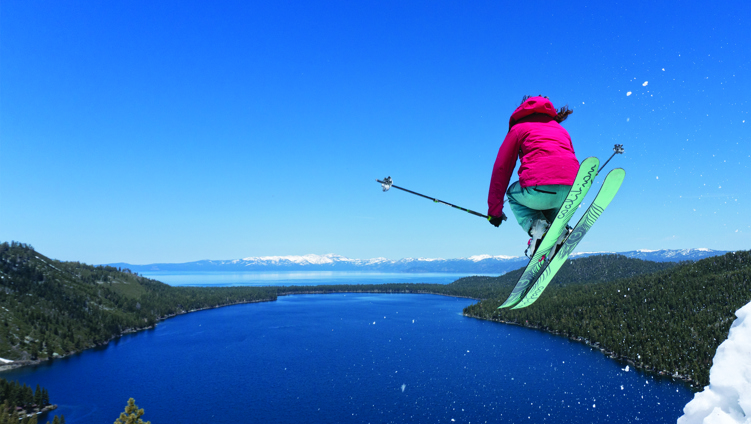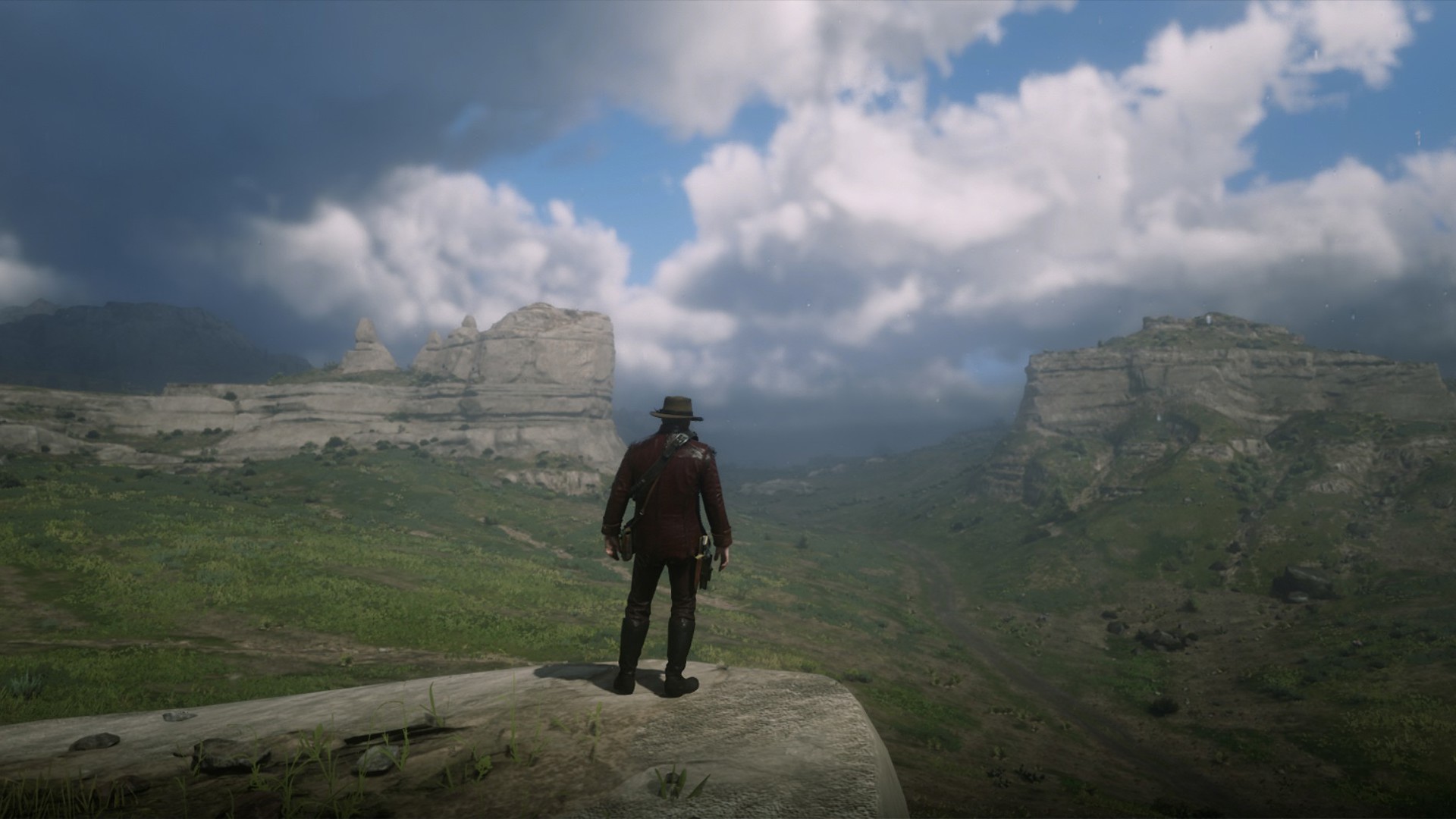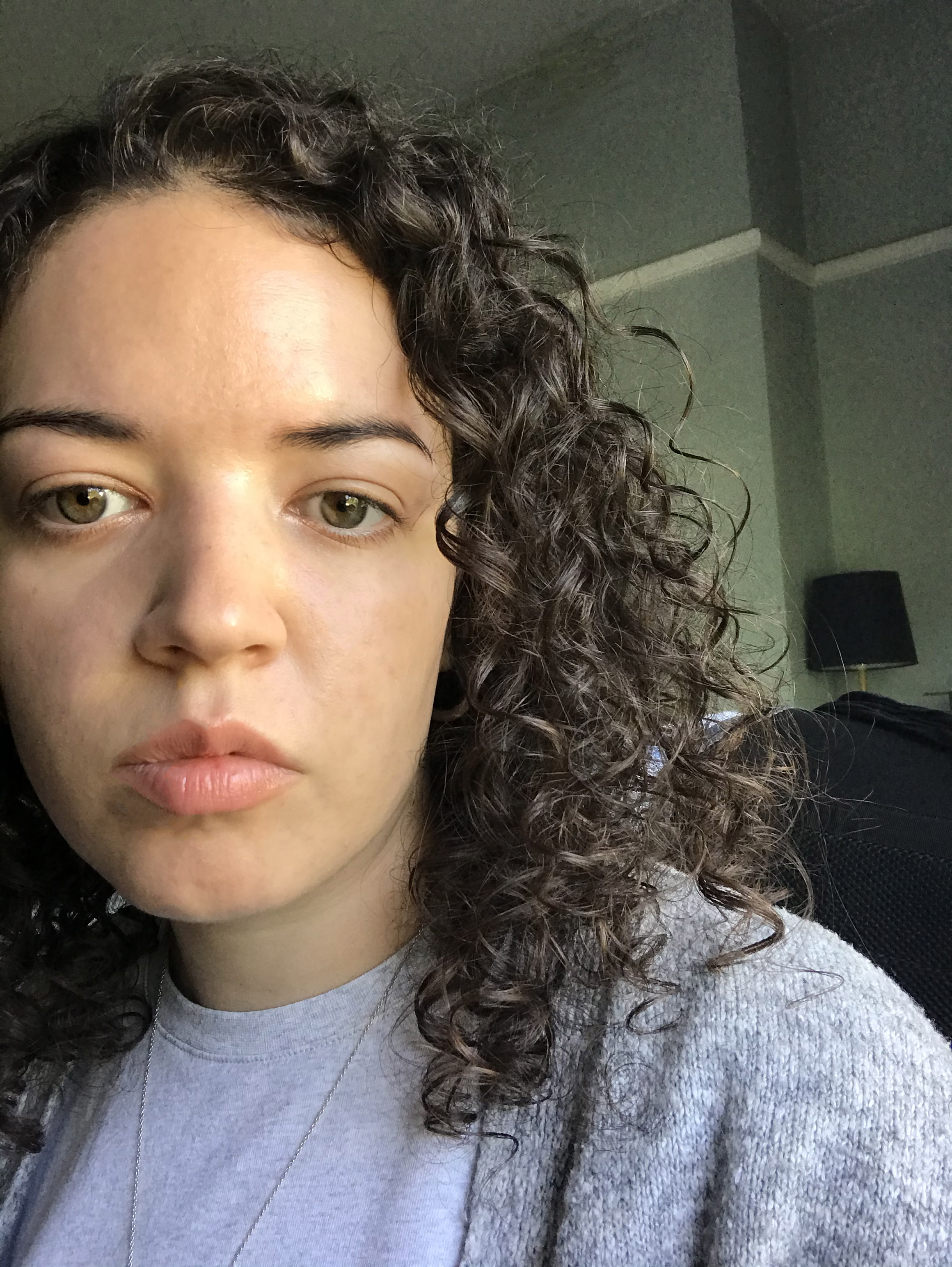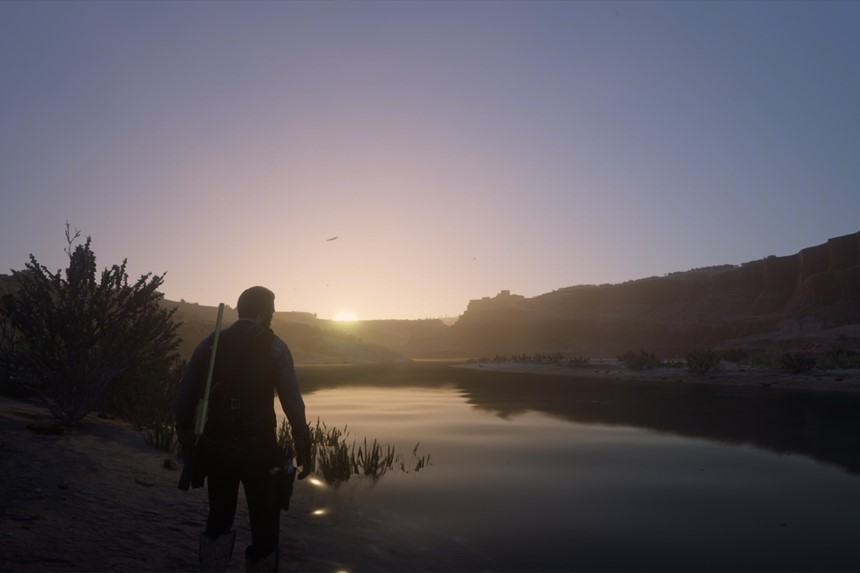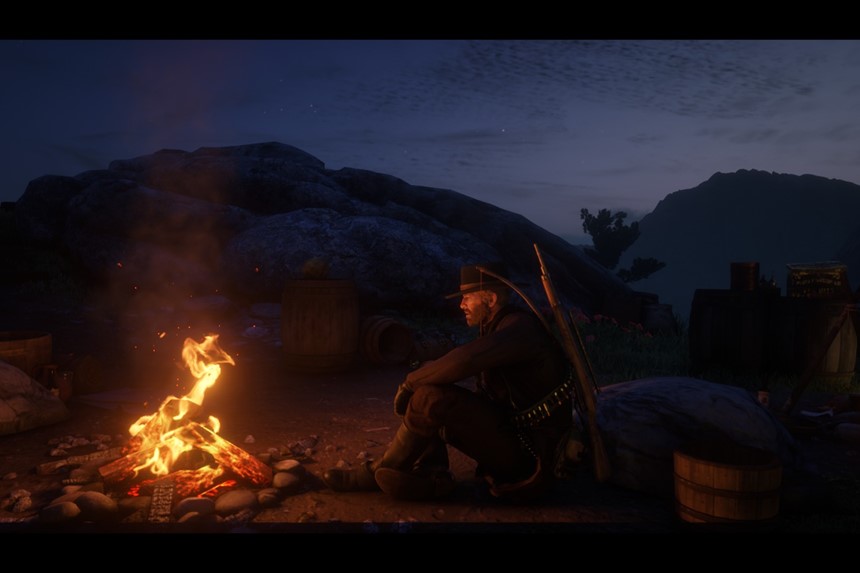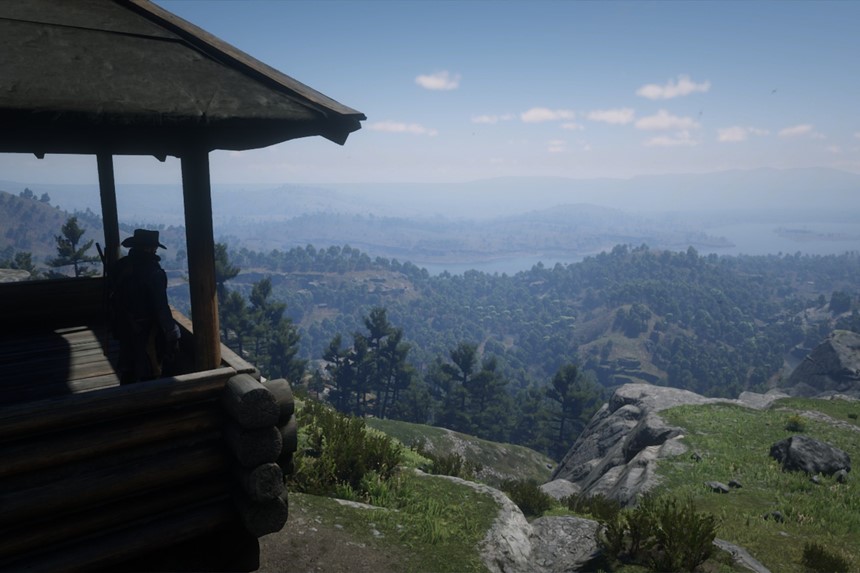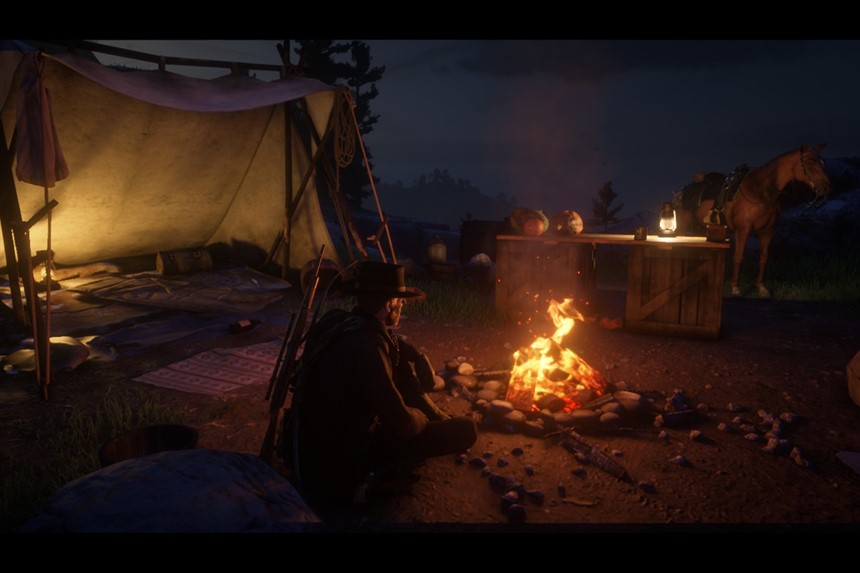Being paid less than the living wage while having my health made ‘agile’ was infuriating. I saw that my boss’ obsession with converting qualitative into quantitative was linked to his love of the Fitbit. As a businessman, he saw a bottom line in everything, including health. I realised my step counting was part of this problem. I was trying to optimise my time, and body, at the expense of my experiences.
Sadly, this realisation came shortly before I injured my knee, then the following year injured my spine. As a result, I’ve spent most of the last few years first on crutches, then recovering from spinal surgery and now suffering from chronic nerve pain - which is most likely permanent. Needless to say, my step count is pretty low these days.
So when the U.K. went into lockdown I was already used to being stuck at home. I live in Manchester, an area that has been under the most extreme lockdown measures in the country for over 300 days. It’s been interesting watching my loved ones acclimatise to the change in pace. Some have developed baking addictions, others have started jogging. I continued my routine of ice packs, physio and short laps around the local park.
A couple of months into the pandemic, I was struggling with increasing nerve pain and looking for something to distract me. So, my boyfriend suggested I try playing Red Dead Redemption 2 (RDR2). I hadn’t had a console since I was a teenager, during the rise of Call of Duty; a game and culture which I felt wasn’t for me. But from the moment RDR2 loaded I was gripped. That weekend I spent almost 20 hours gaming, something which is now a regular occurrence.
If you aren’t familiar with it, RDR2 is an incredibly detailed open-world game set in the final years of the American ‘Old West’. In addition to the game storyline, you can wander through the map. As it’s set in 1899, there are large areas of uninhabited, unspoiled land to explore. The landscape is populated by over 200 species of animals, 40 types of interactive plants, unpredictable weather and terrain ranging from snowy mountains to arid deserts. The sound design is elaborate and the graphics are near photo-realistic. When I’m not wearing my glasses, it’s as good as a nature documentary. Think Attenborough but with guns.
The map contains five fictional American states. ‘Roanoke Ridge’ is remarkably similar to the areas of the countryside surrounding me in real life. Oak trees and ferns line paths, rainbow trout ‘live’ in the rivers and, of course, it often rains. Although the Derbyshire and Cheshire countryside doesn’t have many gangs of murderous hillbillies, despite what most Londoners might believe.
